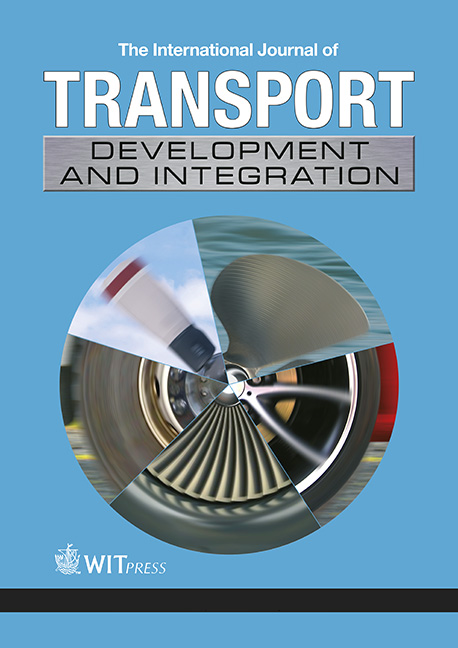Social networks of sport and their potential in smart urban planning processes
Price
Free (open access)
Volume
Volume 4 (2020), Issue 1
Pages
12
Page Range
62 - 74
Paper DOI
10.2495/TDI-V4-N1-62-74
Copyright
WIT Press
Author(s)
Raquel Pérez-Delhoyo, Higinio Mora, Rubén Abad-Ortiz & Rafael Mollá-Sirvent
Abstract
Information and data have become a new working tool for many disciplines including urbanism. Its incorporation into the field of urban planning is currently a process with great development potential. within this context, citizens are one of the most important sources of data, providing relevant information for better smart city planning, adapted to their preferences and needs. In this sense, social networks are very powerful tools that city planners have to know directly from users the use they make of public space. It is clear that this information cannot be left out of the process of smart planning and design of today’s cities. Specifically, this work focuses on the study of sport social networks and aims to determine which sport social networks offer the greatest potential for improving urban planning processes. To this end, the main existing social networks in this field are studied and, as a conclusion, the advantages and disadvantages that make these sports networks an opportunity to move towards smarter, more participatory and inclusive urban planning are discussed.
Keywords
citizen participation, citizen-centric urban planning, inclusive city, smart city, smart urban planning, social networks of sport, technology-aided urban planning.




